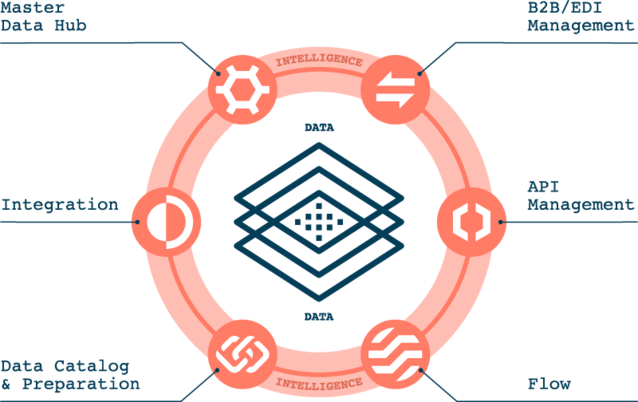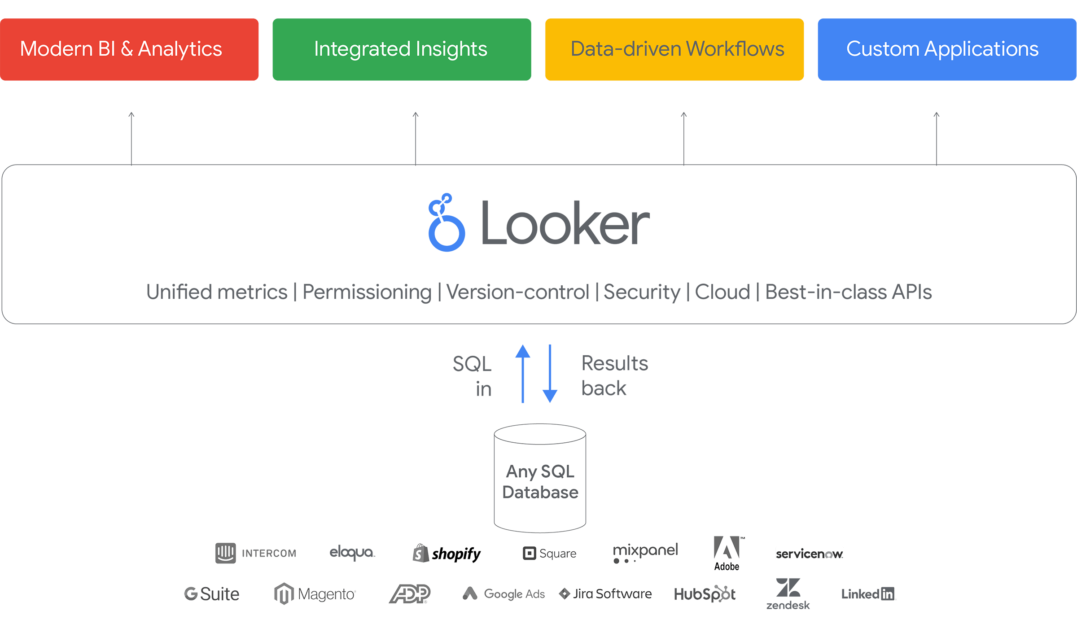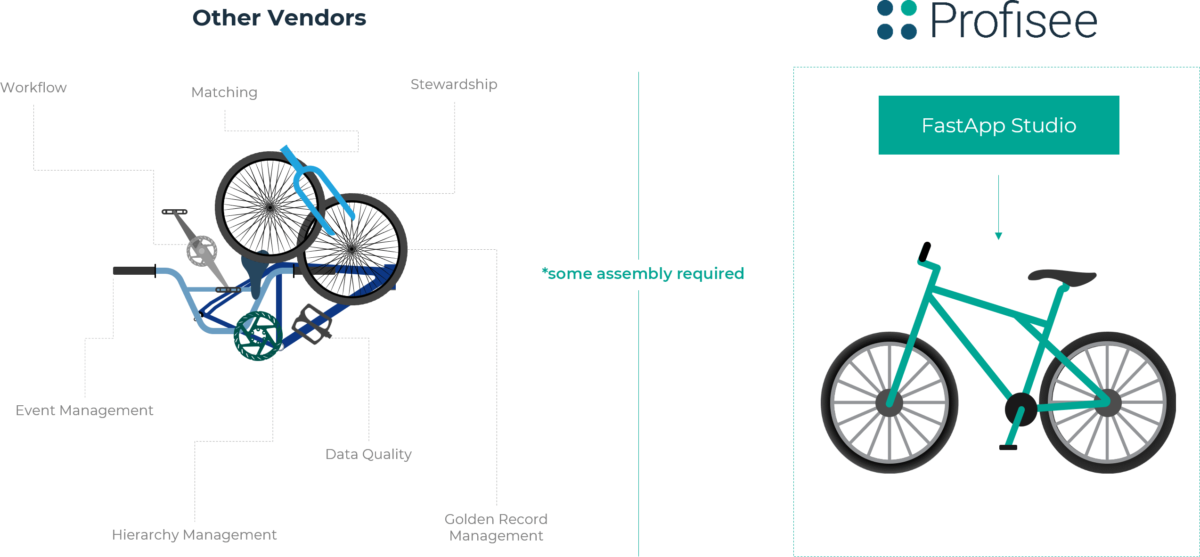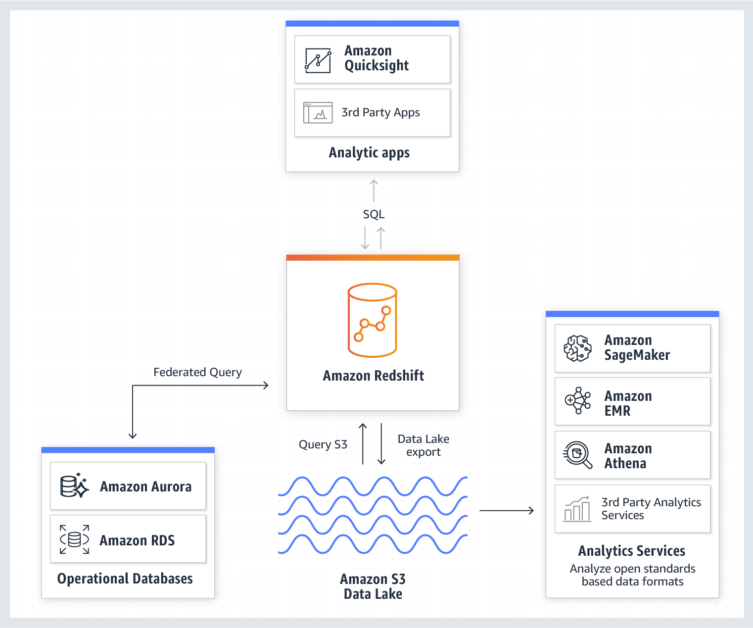Data Management Tools You Can Use: An organization’s capacity to manage its data resources is provided by the mix of concepts, processes, procedures, and practices, as well as the corresponding systems. In a perfect world, having the ability to reliably and precisely extract meaningful information is essential for gaining insights and enhancing operations, productivity, and income. Because of this, businesses need the appropriate tools to handle and manage the growing amounts of data.
Today, various structured and unstructured data are being produced in growing quantities by businesses, consumers, and a wide range of systems and apps. According to an IBM study, people were creating nearly 2.5 quintillion bytes of data per day. As a result, organizations are creating, acquiring, or compiling enormous amounts of data from a wide range of sources. Data may be a useful resource when handled properly, but most organizations need more capability or expertise to exploit their data fully. In addition, managing data for organizations may take a lot of work for various reasons.
- Lack of suitable strategies and tools results in an inability to extract useful information.
- Breaches of regulations and compliance.
- Unclear objectives and goals.
- Dealing with a variety of data sources, apps, and formats.
For the most part, businesses can now analyze, store, and secure their data thanks to various data management tools. However, most of them differ in terms of capability, scalability, price, and other factors. As a result, the decision is based on the organization’s requirements regarding the purpose, type of data, needed analysis, etc. Using the appropriate tool; you may uncover opportunities and enhance operations, compliance, and productivity while lowering company risks and expenses. Here’s a list of some of the top data management tools to assist you in making the most of your data in light of the abundance of available solutions.
The Best Data Management Tools
We’ve compiled a list of Data Management Tools to help you find the right one.
1. Dell Boomi

With Dell Boomi, users can quickly combine data and apps across many devices, channels, and platforms. Dell Boomi is an intelligent and adaptable data management solution. The secure, scalable, and cloud-native platform is easy to deploy and can handle increasing demand. In addition, it combines cutting-edge features that allow businesses to handle and manage data, including built-in intelligence, an easy interface, fantastic insights, and others.
2. Looker

The Looker is a large data analytics and business intelligence tool with excellent visualization and reporting. You may view, analyze, and distribute reports in various formats to meet various needs. The ability to gather and analyze many types of data from several sources is another feature of the cloud-based, web-based Looker BI tool. In addition, thanks to the easy-to-read dashboards, you can deliver information that all types of users can explore and understand.
3. Oracle Enterprise Data Management
 Enterprises may manage and build data-driven projects with the help of the Oracle Enterprise Data Management platform, a dependable, all-encompassing solution with many features. Organizations may use the master data it provides for analytics and operations since it is authoritative, centralized, and consistent. In addition, it offers easy reporting and real-time analysis, allowing teams to get useful information.
Enterprises may manage and build data-driven projects with the help of the Oracle Enterprise Data Management platform, a dependable, all-encompassing solution with many features. Organizations may use the master data it provides for analytics and operations since it is authoritative, centralized, and consistent. In addition, it offers easy reporting and real-time analysis, allowing teams to get useful information.
4. Profisee

Profisee is quick, easy to set up, and uses a multi-domain master data management platform. In addition to facilitating effective processes within the organization, the adaptable and integrated solution offers several data management features while supporting various sources and formats.
5. Data Lakes & Analytics On AWS

You can build, manage, and optimize a data lake for analytics using the Data Lakes and Analytics on AWS platform, an Amazon platform with a wide range of tools and features. This tool may move, store, and analyze a wide range of data types and quantities. As a result, teams may effectively mix data from many sources, carry out the required analytics, and acquire insightful knowledge that can be used using the AWS data lakes tool. The tool is also reliable for managing the agility, flexibility, and scale businesses need when dealing with various types of data and massive amounts of it.
6. Tableau
With the help of Tableau, an interactive visualization tool, businesses can view and understand their data and quickly and easily get new insights. The BI platform transforms the raw data into an easy-to-understand and analyze format. In addition to spreadsheets and useful dashboards, it offers data mixing, sharing, and smart real-time analysis. Better data-driven decisions may be made by organizations thanks to the scalable server and easy deployment corporate analytics platform. You may deploy it on servers in the cloud or on your own premises using Windows or Linux systems. Tableau also offers a cutting-edge data architecture that allows it to handle, analyze, and store data from any source, regardless of quantity or type.
7. Microsoft Power BI
Thanks to Microsoft Power BI’s analytics and insights, teams can quickly make data-driven choices. In addition, the scalable tool converts data into easy-to-share graphics compatible with all devices, the cloud, and on-premises settings.
8. Panoply
Organizations may access all of their data in one location with the help of Panoply. In addition, businesses may synchronize, aggregate, and store data from over 80 different sources with the help of the cloud-native tool. With a broad range of business intelligence and analytical tools, it also offers the ability to display data. For easy and quick data intake, it often includes a number of native data connectors, an in-browser SQL editor, and other features.
9. IBM InfoSphere Information Server
Businesses can access, analyze, and understand their data with the IBM InfoSphere Information Server, a scalable on-premise and cloud ETL platform. Its features allow for the creation, transformation, management, and sharing of data and the ability to track or monitor usage, enact regulations, and guarantee compliance. In addition, a single trustworthy view of the data is also provided to the users via the tool, which can manage every part of the whole data ecosystem regardless of the source, format, or system.
10. Informatica PowerCenter
The ETL tool Informatica PowerCenter offers an efficient end-to-end data integration platform. It includes many features to combine and transform unstructured, fragmented, and disparate data into high-quality, comprehensive business-ready insights. In addition, the adaptable platform is extremely expandable to accommodate your expanding data quantities, complexity, and business demands. You may also improve the capabilities by using add-on packages, such as productivity add-on, the data integration hub, B2B data exchange, sophisticated data transformation, etc.
Also, Take A Look At:
- Deep Learning Software
- Data Mining Software
The Bottom Line:
The wide range of advantages data management tools offer enables organizations to increase productivity, efficiency, and profits. They make it possible for businesses to save operating expenses, make data-driven choices, improve teamwork, and adhere to numerous requirements. Final results include data consolidation, consistency, security procedures, and general efficiency as a consequence of the usage of data management tools.
















Leave a Reply